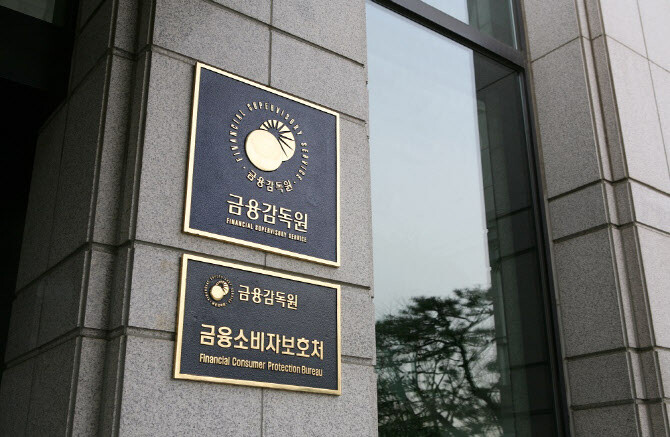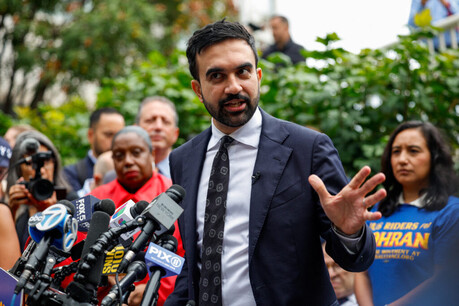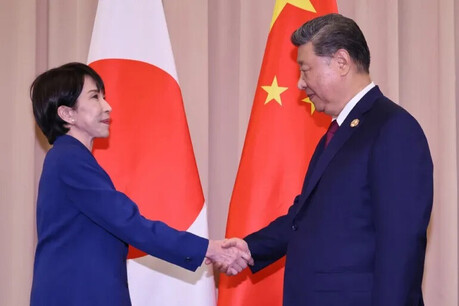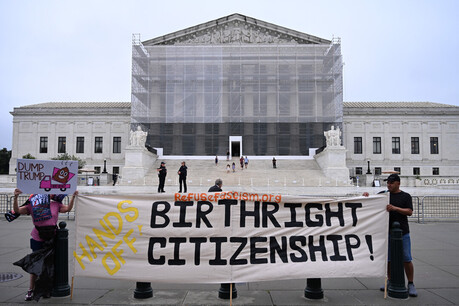
Seoul, South Korea – South Korean banks and financial holding companies have significantly bolstered their internal controls following a series of high-profile financial scandals last year. The implementation of a new "responsibility structure chart" system, which became mandatory on January 3rd, is expected to enhance accountability and prevent future incidents.
Under the revised Financial Companies' Governance Act, enacted in July 2022, financial institutions are required to submit a chart detailing the specific responsibilities of their CEOs and executives. This measure aims to ensure that individuals are held accountable for any internal control lapses within their respective domains. Failure to fulfill these responsibilities could result in disciplinary actions, including dismissal.
To facilitate the implementation of the new system, the five largest financial groups and banks have introduced advanced IT systems for managing responsibilities. These systems allow executives to monitor their duties, conduct self-assessments, and track progress. One financial holding company official explained, "The system enables executives to directly oversee internal controls related to their specific areas of responsibility."
Furthermore, these financial institutions are leveraging technology to enhance their internal control frameworks. KB Financial Group plans to introduce artificial intelligence (AI) to strengthen oversight of high-risk operations, while Woori Financial Group is developing a Financial Transaction Detection (FDI) system to identify suspicious activities.
To reinforce compliance, many banks have taken additional measures, such as hiring legal experts with regulatory experience and incorporating internal control metrics into executive performance evaluations. NH Nonghyup Bank, for instance, has introduced a mandatory ethics exam for all employees.
Despite a thorough pilot program involving 18 financial institutions, including the five largest, the Financial Services Commission (FSC) will continue to closely monitor the implementation of the responsibility structure chart. The FSC reported that no significant issues were identified during the pilot phase. However, given the frequency of financial scandals in 2022, the regulator plans to conduct regular inspections to ensure compliance.
"With the new system in place, executives will be held accountable for any internal control failures," said an FSC official. A senior official from the Financial Supervisory Service added, "We will conduct inspections to verify that the responsibility structure charts are being effectively implemented."
The enhanced internal control measures are expected to restore public trust in the South Korean financial system and prevent future incidents. By assigning clear responsibilities and leveraging technology, financial institutions aim to create a more robust and resilient regulatory environment.
[Copyright (c) Global Economic Times. All Rights Reserved.]





























